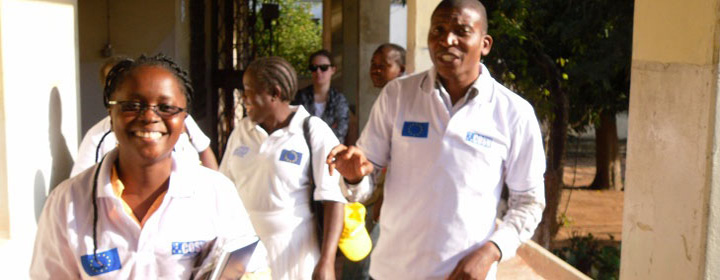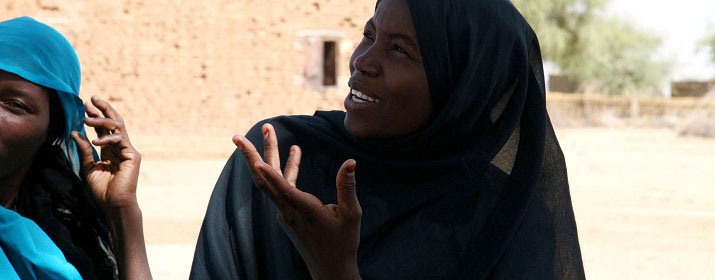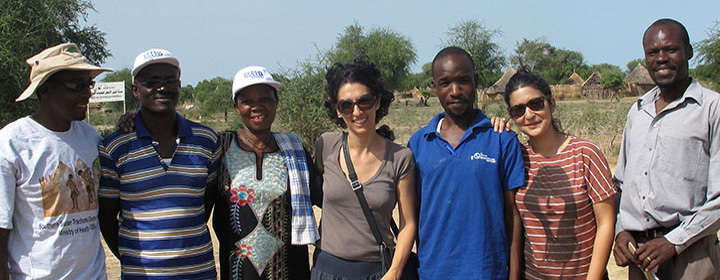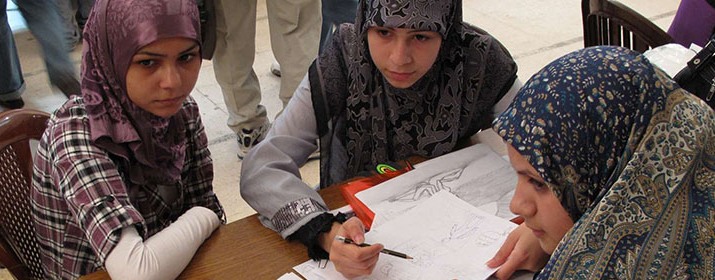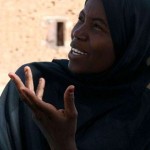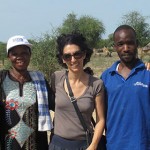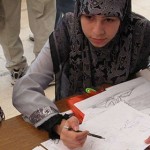On the surface, it is a common-sense argument. Of course the children of today and tomorrow are central to sustainable development and the future of our planet and all its inhabitants. All too often in practice, however, the issues of children and young people are seen only as a “social” issue – while their health, safety, education and rights are also inextricably linked to ensuring economic growth and shared prosperity, a protected natural environment and more stable, safer societies. Overlooking their role is to the peril of us all, the communities in which we live and to the planet.
Children and young people are both shapers of and shaped by the world around them. When a child is not healthy, has compromised brain functionality due to chronic poor nutrition, does not receive a quality education, does not feel safe in his or her home, school or community, will that child be able to fulfil their potential and responsibilities as a parent, an employee or entrepreneur, a consumer, a citizen? In many cases, the answer is “no” and that denies the individual child his or her rights, but also deprives the entire human family of the intellectual, social and moral benefits that derive from the fulfilment of these rights.
In this paper, we explore the dynamic and dramatic interplay between the realization of children’s rights and sustainable development. The evidence presented makes a powerful case for why and how these issues must be directly addressed in the discussions towards a Post-2015 Development Agenda and the eventual framework that will emerge. It is a call to action for decision-makers to invest in children’s rights and well-being as an integral means to achieving sustainable development.

